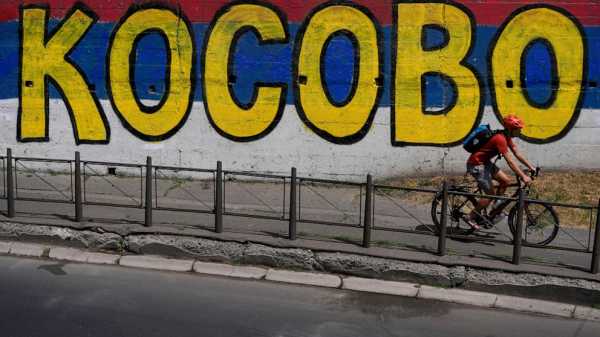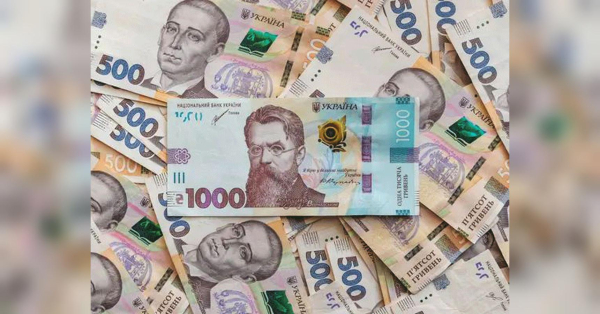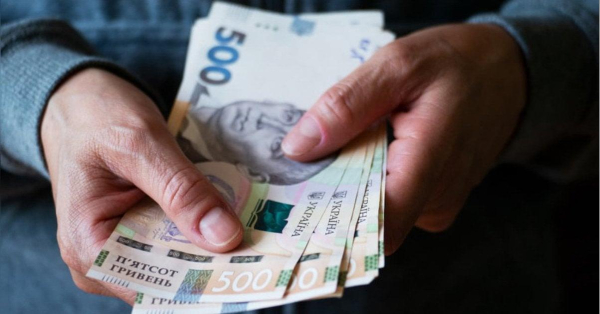
PRISTINA, Kosovo — A brawl erupted in the Kosovo parliament on Thursday after an opposition lawmaker threw water on Prime Minister Albin Kurti while he was speaking about government measures to defuse tensions with ethnic Serbs in the country's north.
Kosovo opposition parties have criticized Kurti's policies in the north that have strained relations with key Western allies.
The United States and the European Union have pressured Kurti to help calm the situation after violence broke out in May after police-backed ethnic Albanian mayors took office following an election that the ethnic Serb majority in the area had widely boycotted.
Dozens of people were injured in clashes between local Serbs and Kosovo police and NATO-led peacekeepers, fueling fears of a conflict similar to the one in 1998-99 that killed more than 10,000 people.
On Wednesday, Kurti announced he would reduce the number of special police officers stationed outside four municipal buildings in ethnic Serb-majority areas in northern Kosovo, and hold new mayoral elections in each of the towns.
A number of special police forces has withdrawn from the municipal buildings. The move angered the opposition, who argued that Kurti “experimented” for months and jeopardized Kosovo's international position only to back down later.
Lawmaker Mergim Lushtaku from the Democratic Party of Kosovo approached Kurti while he was speaking and threw water at him, triggering the brawl. Earlier, Kurti's deputy Besnik Beslimi had torn up a drawing mocking Kurti that the opposition had given the prime minister.
Local media said Kurti was escorted out of the assembly hall during the chaos.
Kurti has said he was applying law and order in northern Kosovo with the deployment of police and new ethnic Albanian mayors. The U.S. and the EU had urged him to keep the mayors in different locations away from the north until the situation is resolved.
When the parliament session resumed after four hours, the opposition prevented governing lawmakers from taking the floor and held up mocking posters of Kurti and another lawmaker. Another brief scuffling followed, quickly halted by security guards.
Kosovo’s parliament sessions have often been disrupted. When Kurti's Self-Determination Movement party was in the opposition, its lawmakers used tear gas and other violent acts to disrupt sessions about a border deal with Montenegro and an association for the ethnic Serb-dominated areas.
Kosovo is a former province in Serbia whose 2008 declaration of independence Belgrade does not recognize. Most ethnic Serbs in Kosovo also have refused to acknowledge Kosovo's statehood, which is backed by the U.S. and most EU nations but not Russia and China.
Serbia had heightened army combat readiness and threatened a military intervention in response to tensions in the north, which borders Serbia. Belgrade pulled out of Kosovo in 1999 after NATO bombed the country to stop the onslaught against ethnic Albanian separatists.
The EU has told both countries they must reach a solution to their dispute through an EU-mediated dialogue in order to join the bloc.
Western officials have stepped up efforts to bring the two sides closer together, fearing further instability in Europe as the war continues in Ukraine. NATO has sent additional troops to its peacekeeping mission in Kosovo to boost security.
U.S. Ambassador to Kosovo Jeff Hovenier said “violence is never an acceptable means to express disagreement” and urged Kosovar lawmakers to resolve their differences “through discourse — a fundamental purpose of any democracy’s legislature.”
Sourse: abcnews.go.com






